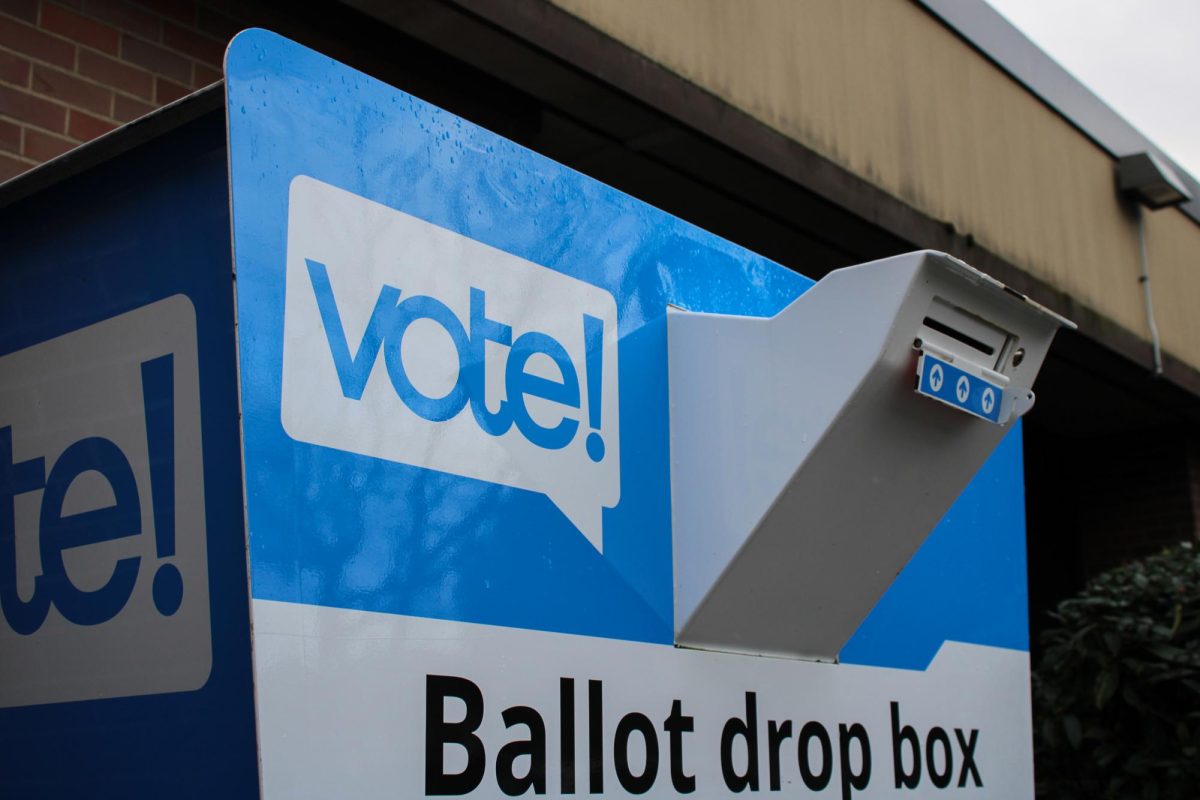The Washington Initiatives fill 30 pages of the voter guide with an overwhelming amount of information, claims and rebuttals. The initiative’s authors ask voters to repeal years of work by our elected representatives and the legislative process which listens and works to balance competing goals and needs of all stakeholders. I am voting no on all the initiatives because:
- · Initiative 2109 — repeals education funding by eliminating a tax on the sale proceeds of some assets worth > $250,000. It affects 0.2% of Washingtonians.
- · Initiative 2124 — repeals the WA Cares Fund which helps with long-term care costs, a daunting future problem.
- · Initiative 2117 — repeals the Climate Commitment Act which requires the state’s top polluters to pay to mitigate their fossil fuel pollution. It would also bar state agencies from putting a future price, a cap-n-trade system, on fossil fuel pollution.
- · Initiative 2066 — locks in fossil fuels and prevents Puget Sound Energy from doing energy transition planning.
These initiatives were crafted by Washington State Republican Party Chair Jim Walsh and primarily funded by Brian Heywood. His wealth is from a hedge fund co-founded with Wilbur Ross, who has ties to the oil and gas industries. They are ideologically opposed to Washingtonians pooling resources to plan and prepare for the challenges of the future. They offer no alternatives and limit future options. They appeal to short term, simplistic thinking, for example they claim current policies have caused price increases without sufficient benefits *.
Heywood claims that Initiative 2117 would reduce the short term price at the gas pump, but that price is affected by many variables. For example, before the 2021 Climate Commitment Act Washington’s average gas price reached $5.20 per gallon but on October 7, 2024 the average price was $3.87 per gallon. Keep in mind that climate change is inflating the costs of damage from droughts, floods, wildfires and infrastructure repairs and these costs are passed along to citizens. Meanwhile, an Oxford study indicates acting quickly to transition off of fossil fuels could save tens of trillions of dollars.
It’s shocking that Mr. Heywood publicly challenges the need to cut back and transition from fossil fuels without providing data to refute over 140,000 peer reviewed research papers that show the use of fossil fuels is causing the adverse effects of climate change. That research and data persuaded 195 countries to sign the Paris Agreement and subsequently agree “to transition away from fossil fuels”. Why? Because “The scientific evidence is unequivocal: climate change is a threat to human wellbeing and the health of the planet.” The Washington state legislature has responded with policies that are the “gold standard” for state leadership in the transition from fossil fuels. I want to support this leadership.
As a member of the Washington Higher Education Sustainability Coalition, this matters to the universities I work with. Our priority and legal responsibility is significantly reducing emissions from large buildings. This requires upfront investments that can bring many long-term benefits to the state of Washington and its universities. It is very beneficial that we can get some funding from large emitters, who cannot currently reduce their own emissions, to help us reduce overall emissions. Otherwise, student tuition and other university funding will need to bear all of the upfront costs.
Therefore, I encourage you to reject this denialism and simplistic appeal to short term thinking. Vote (you can register through Monday, Oct. 28) to stay the course on Washington policies that face reality and plan for the future.
Janette Plunkett is the Energy and Sustainability Manager at Seattle Pacific University. She is a proud Washingtonian who has worked on Climate Change prevention, mitigation and adaptation since 2004. Opinions expressed are solely hers and do not claim to express the views or opinions of SPU.
* There is a legitimate concern about energy costs to individual low polluters, often in neighborhoods most affected by pollution and poverty. The legislature addressed this short term injustice with a $200 energy bill credit. Mid to longer term, a significant percent of the pollution fees will go to mitigation and prevention of harm in overburdened communities.
I find this reference helpful because it summarizes over 500 organizations’ opposition to these initiatives. And to learn more about the Faith, Diversity and Science connection to Climate Change see this recording of a 2024 SPU presentation.


















































































Jake Millan • Nov 7, 2024 at 9:45 am
HI Janette,
Great article and wanted to also follow up about the gas leaf blowers SPU hires out to an offsite landscaping company.
As you likely know, gas leaf blowers are not only a pain on any ears within a 1/2 mile away, but due to mixing oil and gasoline together, combined with zero emissions control systems like our cars have, the air pollution impacts are acute and negatively plentiful.
Do you know if there are any initiatives ongoing at SPU to transition these gas blowers over to battery powered ones? I’m sure it would be a welcome relief to both students, faculty and also the immediate community around SPU.